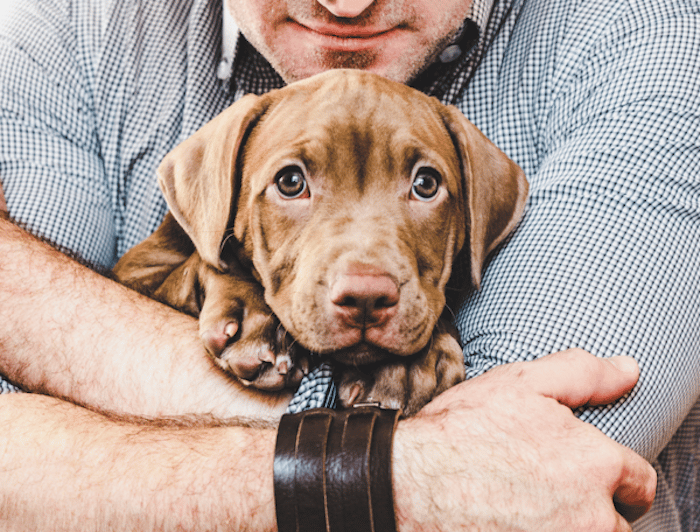Getting a brand new puppy is always exciting as you cuddle, feed and play with them. However, as they grow older, puppies tend to rebel and wreak havoc in your home. That’s why it’s crucial to train your puppy before they grow older.
Fortunately, if you live in areas like Putney, you can sign up for puppy training classes to teach your four-legged companion to be more disciplined. It can bring order to your home and helps build a strong bond and understanding between you and your pooch.
If you’re looking to try something on your own, you can take it upon yourself to teach your puppy manner and tricks. To help you out, we’ve created a list of tips on how to train your canine companion as they grow older.
Let’s get started!
1. Teach Your Puppy to Use a Crate
One of the best ways to get started on puppy training is to teach them how to use a crate. It’s a great way to help them get settled while introducing them to a new schedule.
Additionally, one of the biggest mistakes you can do is let your puppy roam freely around the house once they’re six months old. While it’s good to give them freedom, they may get bored and try something which may end up making a mess of your living room.
That’s why we recommend training your puppy to love its crates. You can do this by giving them treats and other items that ensure they stay inside it for a long time.
2. Train Your Puppy to Follow Bathroom Rules
It’s critical to teach your puppy the rules of the house as soon as you bring them home. Specifically, you need to teach them bathroom rules, or they will make a stinky mess whenever they have to relieve themselves.
You have to be very firm from the beginning while teaching your puppy the house and bathroom rules. If you don’t teach them these rules as a puppy, they won’t follow them when they grow older.
Teaching your puppy bathroom rules will save a lot of time in cleaning. On top of that, they will become more disciplined as they grow older, making them easier to handle. 3
3. Teach Your Puppy to Stop Biting
Puppies like to nip a lot when their teeth begin to grow. However, they don’t tend to realise how hard they can bite, especially when they grow older. It’s important to teach them not to bite others while they’re still young.
If your companion bites you too hard, you should say, “Ow!” in a high-pitched voice. They’ll understand that they bit you too hard. After that, tell them to go back and if they do, praise them and give your dog a treat.
Avoid yelling or physically punishing your puppy because they’ll think of it as another way of you giving attention. Instead, treat them with care and consult a professional, if you find it too difficult.
4. Train Your Puppy to Be Home Alone
Dogs are social animals, and leaving them alone at your home for the first time can be a stressful experience. However, it’s a good idea to teach your canine companion how to be independent while you’re teaching them to be inside their crate.
Create an exciting environment in the crate by providing toys and food inside to keep them busy. After that, close the door quietly and go outside the room. Come back after a few minutes with treats and praise them.
Keep repeating this routine and gradually increase the time you’re away from your canine companion. If they continue to remain calm, give them a good reward. Avoid cuddling them after they return as it’ll make them miss you more when you leave.
After a few days, your dog should be ready to be without you for an extended period of time when you need to go outside. It’ll allow you to go outside for work or other activities without them whimpering too much.
To Sum Up
Training your dog is a difficult task and requires a lot of time and effort. However, it’s a worthwhile process and can save you a lot of stress and hassle in the long run. Teaching small things to your dog makes them more disciplined towards you and the people around them.
It also helps you get closer to your puppy and gives you quality time to bond with each other. While training your companion, it’s crucial to not treat them harshly, as it can harm them mentally and make them disobedient.
Regardless, if you’re finding it difficult to train your puppy, we recommend consulting a veterinarian or enrolling them in puppy training classes.

